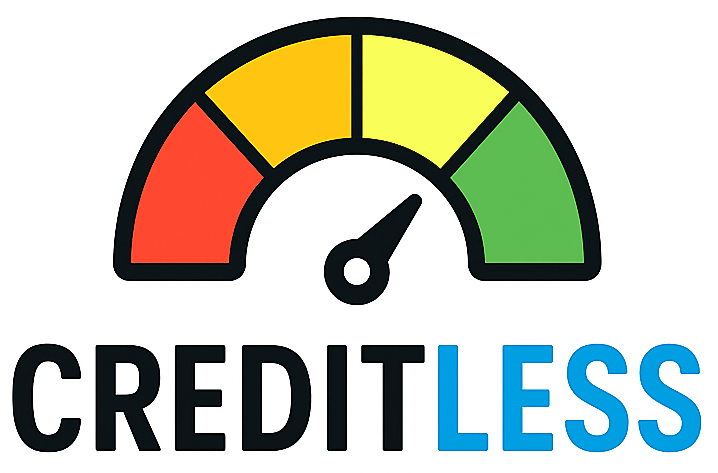Why negotiate now? A quick overview
If you are behind on payments or facing unaffordable monthly obligations, contacting your creditors early can preserve options and reduce long-term damage to your finances. Starting negotiations before accounts are charged off, sent to collection, or before you pursue formal debt settlement or bankruptcy typically gives you more options: temporary hardship plans, modified payment plans, or reduced interest rates.
This guide walks through how to prepare, what to say, what to get in writing, and the tax and credit implications to weigh when deciding whether to keep negotiating or move to a formal settlement or bankruptcy filing.
Step 1 — Prepare before you call
Preparation increases your credibility and the chance of a workable agreement. Before you contact a creditor or collector:
- Make a clear budget: list income, essential expenses, and all debts with creditor names, account numbers, balances, interest rates, and current status.
- Decide what you can realistically pay each month and the total you could offer in a lump sum, if any.
- Gather documentation: recent statements, proof of income, and any records of recent hardship (medical bills, job loss notices).
- Know your priorities: housing, utilities, and secured debts generally matter most to protect your home and assets.
Nonprofit credit counselors and debt management plans can help you with budgeting and with contacting creditors on your behalf; the Consumer Financial Protection Bureau offers tools and worksheets to help plan and to prepare for conversations with creditors.
Step 2 — Practical negotiation strategies and sample scripts
When you call, be calm, concise, and honest about your situation. Take notes: date, time, name of the person you spoke to, and the agreed terms.
Key strategies
- Ask for hardship or forbearance programs: many lenders have temporary relief options that pause or reduce payments without immediate credit reporting changes.
- Request an interest-rate reduction or a lower monthly payment through term extension.
- Offer a short-term repayment plan you can afford, or a lump-sum settlement if you have funds and the creditor accepts less than the full balance.
- Negotiate reporting: you can request that the creditor refrain from reporting negative status while you adhere to a new plan, or (rarely) that they report as "paid as agreed" after a successful resolution — understand creditors are not required to erase accurate negative history.
Sample scripts
Hardship / payment-plan request: "Hello, my name is [Name]. I had a recent [job loss/medical emergency] and can afford [amount] per month. Can you place my account on a hardship plan or temporarily reduce my payment?"
Settlement offer (if you have funds): "I can pay $X as a one-time payment to resolve the account. Will you accept that as full payment and provide a written confirmation that the balance will be satisfied?"
Always ask for the exact name and title of the person you speak with, an internal reference number, and written confirmation of any promises before you pay. The CFPB recommends verifying the debt, explaining your proposal clearly, and getting agreements in writing.
Step 3 — Documentation, rights, and when negotiation isn’t enough
What to get in writing: any new payment schedule, settlement amount, promise to stop collection calls, and terms about credit reporting. Never pay based only on a phone promise; ask for and save a written agreement before making a payment if possible.
Know your consumer protections: debt collectors must follow the Fair Debt Collection Practices Act (FDCPA), which prohibits harassment, misrepresentation, and certain abusive practices. If a collector breaks these rules, you can report them to the FTC, CFPB, or your state attorney general.
Tax and reporting consequences
If a creditor accepts less than the full amount owed, the forgiven amount can be considered taxable income and you may receive IRS Form 1099-C for cancellations of $600 or more. There are exclusions — debt discharged in bankruptcy or excluded under insolvency rules may not be taxable — but these rules are specific and often complex, so document settlements and consult a tax advisor if you receive a 1099-C.
When to be cautious about debt-settlement companies
Third-party debt-settlement firms can sometimes help, but they carry risks: high fees, misleading promises, and situations where companies charge fees without securing settlements. The CFPB has taken enforcement action against some large debt-settlement providers for deceptive practices, so be careful and compare nonprofit credit counseling or direct negotiation before paying a private company.
When bankruptcy may be the better option
If negotiations consistently fail, your unsecured debt load is overwhelming, and you qualify for Chapter 7 or Chapter 13, bankruptcy can stop collections and may discharge debts or create court-approved repayment plans. Because bankruptcy has long-term credit and legal consequences, consult a bankruptcy attorney or a nonprofit counseling agency to compare outcomes versus negotiated settlements.
Final practical tips: keep careful records of every contact, avoid offers you can’t afford, prioritize housing and secured debt, and consider reaching out to a nonprofit credit counselor for free guidance.
